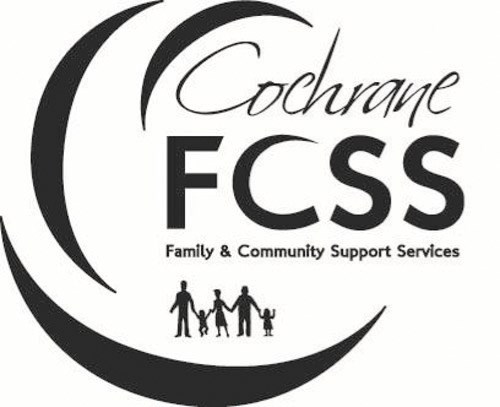Whether it’s a relative, friend or coworker, certain individuals seem naturally adept at providing support during tough times such as divorce, suicidal thoughts or the loss of a loved one.
These “natural helpers” are encouraged to register for Family and Community Support Service’s (FCSS) new program, Community Helpers Training, to help foster their caregiving skills.
Sharon MacDonald, FCSS programmer, said that the course is premised on giving people identified as natural helpers tools and strategies in providing care for those struggling with difficult issues.
“Maybe these natural helpers are good listeners, they’re empathic, they’re compassionate – whatever their qualities, they make others feel safe and able to talk.”
One of the most important and underestimated skills the course seeks to foster is how to be a good listener, MacDonald said. That means how to avoid giving advice and instead simply listening and providing unobtrusive support.
Part of that includes learning about the helping scale – a six-step process helping a person talk through issues and help them start identifying their own solutions.
Being a helper can have its own physical and psychological toll, so one section of the course emphasizes self-care. Participates will cover strategies in countering caregiver strain and discussing healthy limits and boundaries in providing care.
“We’d love to help all our friends completely at all times, but we need to recognize there are some days when we’re better helpers than others.
“The reality is that a lot of us live very busy lives and we often don’t have time to think what it means to be a helper – how to be able to stay for the long term and how to strengthen ourselves so we can be good helpers.”
Participants will meet with mental health workers to get professional advice and learn how to connect people at risk with the proper resources.
MacDonald said it’s often challenging for helpers to connect those people to the resources because the process can be intimidating for a struggling person.
“Sometimes it’s just that mental hurdle of ‘I don’t know what building to go to, I don’t know those people; I don’t want to talk to strangers about my difficulties.’
“If our natural helpers know these things and can bridge that gap between people who need help and professional helpers, we can get people in the door to professional help that does exist in our community.”
One thing MacDonald has noticed is that many people who go through the course express greater confidence in providing help to people dealing with difficulties.
“As a community helper, they now feel confident that when a friend brings up suicidal thoughts that they can open that conversation without fear, they can stick with them to talk about it and they know how to connect them with professional resources.”
Another course connected to the Community Helpers Training course is Mental Health First Aid for Adults who Interact with Youth offered Nov. 26 and 27 with the goal of teaching crisis first aid skills for interacting with youth ages 12 to 24 dealing with substance abuse, self-harm and mental disorders.
Priority spaces will be given to those who have already gone through the community helpers’ course.
Community Helpers Training runs Oct. 7 and 14, and Nov. 17 and 24 from 9 a.m. to 4:30 p.m. The mental health first aid course runs Nov. 26 to 27, 8:30 a.m. to 4:30 p.m. For more information, contact Sharon MacDonald at 403-200-1290 or email [email protected]. To register, call 403-851-2250.




